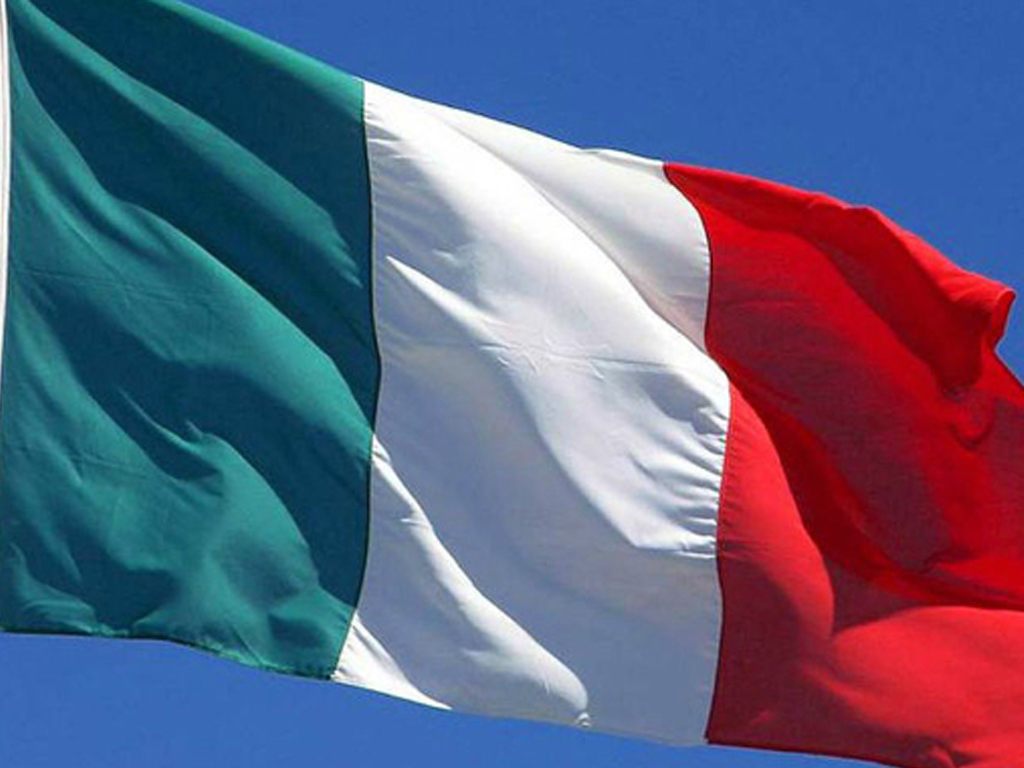 LONDON: Italian and Greek bond yields hit record lows on Thursday after Italy's president gave Giuseppe Conte the green light to head a new coalition government, fuelling demand for risk assets.
LONDON: Italian and Greek bond yields hit record lows on Thursday after Italy's president gave Giuseppe Conte the green light to head a new coalition government, fuelling demand for risk assets.
Italian President Sergio Matarella gave Conte a new mandate to form a government comprising the ruling 5-Star Movement and opposition Democratic Party (PD).
This means the prospect of a snap election has receded, easing economic uncertainty.
Lower Italian political risk has given yield-hungry bond investors an excuse to snap up Italian and Greek debt in a market where most sovereign euro zone bonds have a negative yield.
Rabobank estimates that Italy accounts for around 62pc of euro zone government bonds offering a yield above zero.
Italy's 10-year bond yield tumbled almost 10 basis points to a record low of 0.93pc, before pulling back slightly to 0.96pc. Even longer-dated Italian bond yields fell sharply with the 50-year yield hitting a record low of 2.148pc.
The closely-watched gap between Italian and German 10-year bond yields tightened to 161 bps, the narrowest since May 2018.
It was almost 8 bps tighter from Wednesday's closing levels and 30 bps tighter this week.
Expectations for fresh European Central Bank stimulus next month have also buffered Italy's bond market from political risks.
The ECB still has room to cut rates if needed, Christine Lagarde, the bank's likely future president said.
"We expect the ECB's quantitative easing is on the way, so people will trade the good news and look through the negative aspects of [the Italian coalition] being potentially short-term," said Lyn Graham-Taylor, fixed income strategist at Rabobank.
The coalition deal helped Italy auction a five-year bond at a yield of 0.32pc, the lowest since a September 2016 auction.
Another barometer of risk appetite, the Greek 10-year yield also hit a record low, at 1.54pc with news on Monday that Greece will fully lift capital controls has also boosting sentiment.
Good news also came from latest euro zone economic sentiment data, which showed a slight improvement for August, boosted by optimism in the industry and retail sectors and with Spain showing the biggest increase.
Safe-havens bond yields edged higher, with Germany's 10-year yields up 2 bps to -0.70pc. French and Belgian bond yields were also up.
A report that ECB policymaker Klass Knot believes the economy is not weak enough to warrant a resumption of asset purchases briefly pushed up yields.
Data meanwhile showed German inflation slowed in August and unemployment rose, cementing expectations of a new ECB stimulus package next month.
And heightened prospects of no-deal Brexit, a worsening US-China trade conflict and fears of a global recession mean bond yields across the bloc remain near recent lows.
"We will probably see decreasing dynamism in German consumer prices.
The trade conflict could escalate further. In this environment, everything yielding something positive is attractive for investors," said Norbert Wuthe, a strategist at Bayerische Landesbank.



















Comments
Comments are closed.